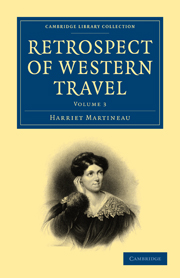Cambridge Commencement
Published online by Cambridge University Press: 07 September 2011
Summary
“A good way to continue their memories, while, having the advantage of plural successions, they could not but act something remarkable in such variety of being, and, enjoying the fame of their passed selves, make accumulation of glory unto their last durations.”
Sir Thomas Browne.The Pilgrim Fathers early testified to the value of education. “When New England was poor, and they were but few in number, there was a spirit to encourage learning.” One of their primary requisitions, first by custom and then by law, was, “That none of the brethren shall suffer so much barbarism in their families, as not to teach their children and apprentices so much learning as may enable them perfectly to read the English tongue.” They next ordered,—“To the end that learning may not be buried in the graves of our forefathers, every township, after the Lord hath increased them to the number of fifty householders, shall appoint one to teach all children to write and read; and where any town shall increase to the number of one hundred families, they shall set up a grammar-school; the masters thereof being able to instruct youth so far as they may be fitted for the University.”
This university was Harvard. In 1636, the General Court had voted a sum, equal to a year's rate of the whole colony, towards the erection of a college. Two years afterwards, John Harvard, who arrived at the settlements only to die, left to the infant institution one-half of his estate and all his library.
- Type
- Chapter
- Information
- Retrospect of Western Travel , pp. 25 - 55Publisher: Cambridge University PressPrint publication year: 2010First published in: 1838



